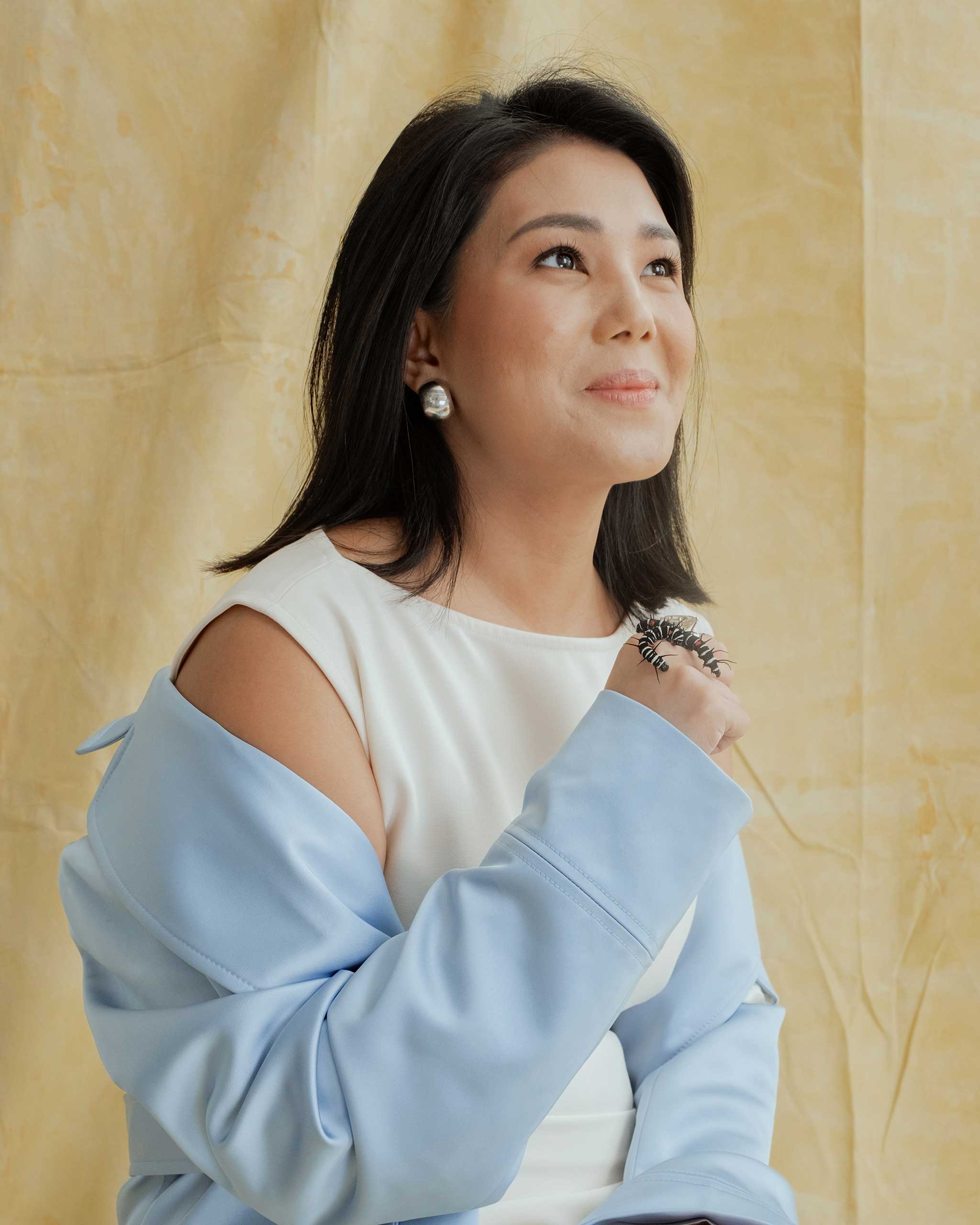Maiki Oreta with the products of her kids caterpillars that turn into butterflies from their business, Science in a Jar. Oreta wears Charles & Keith shoes; J.Crew coat; Urban Revivo dress. Photo by Shaira Luna, styled by MJ Benitez, hair by Patty Inojales, makeup by Apple Fara-on
Vogue Philippines celebrates International Women’s Day through “Raising Hope,” in a call for nominations of inspiring women. Discover the story of Maiki Oreta, journalist and founder of Kiddo-preneur.
Nominated by Gia Samantha Naraval-Tiangco
For most Filipino families, saying goodbye to loved ones as they board the plane is a familiar scene. Filipinos, naturally known for being masipag, or hard workers, have always been on the frontlines of the global labor market as service workers, maintenance workers, nurses, doctors, seafarers, teachers, and other types of overseas Filipino workers (OFWs). In 2023 alone, the Department of Migrant Workers (DMW) issued 2.5 million overseas employment certificates (OECs) and OFW passes. This, according to Maiki Oreta, is a loss for the Philippines.
“The growth in the Philippines is driven by OFW remittances. It’s not the correct growth; it’s like we’re on crutches,” she says. “We need internally driven growth. And how do we obtain internally driven growth? We need entrepreneurs.” With this sentiment, Oreta launched Kiddo-preneur, a socially oriented organization dedicated to empowering Filipino youth in business and entrepreneurship.
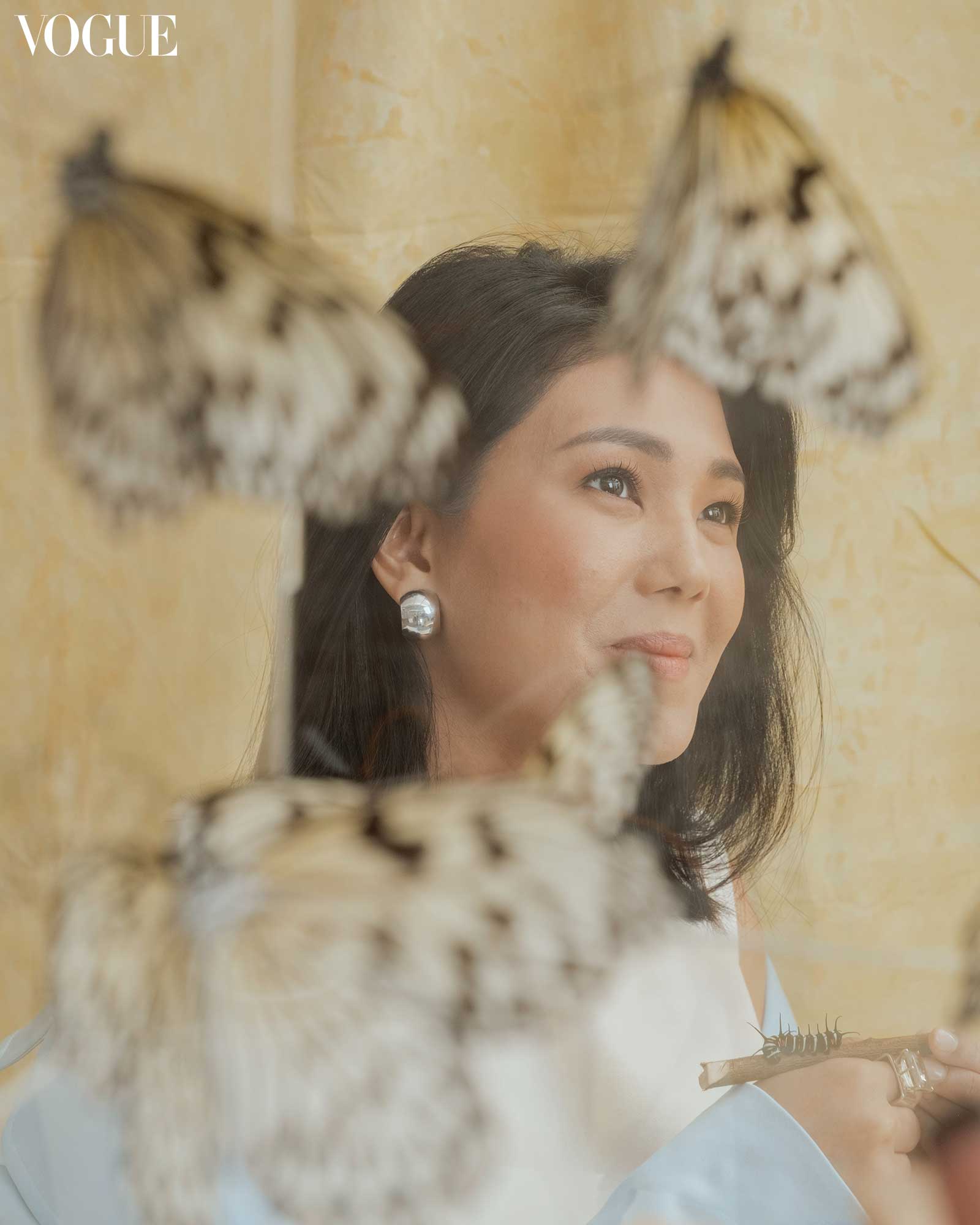
Getting down to business
Believe it or not, Oreta “didn’t want to do anything with business.” In college, she took up humanities with a minor in Japanese studies, a far cry from business and entrepreneurship. It was only when Oreta began working at ABS-CBN that she learned about the industry. “They said, ‘Maiki, why don’t you go to economic briefings?’ So that’s what I did,” she says. “And for my first story, they asked me to write. They gave me the open, close, intraday high, intraday low, and end of the peso. Like, what? These are all numbers! How do I do that?”
After working in the industry as a business broadcast journalist, Oreta had one thought in her mind: Why aren’t we teaching this to the kids sooner? “As a mom and as a business broadcast journalist, how do we bridge that gap?” she says. “No one taught us when we were kids that we could become entrepreneurs. They told us to study hard and get a job overseas. We want to teach Filipino kids that they can be entrepreneurs. Because when they set up even just a carinderia, parlor, or anything, they’ll provide jobs so that Filipinos don’t have to look for work overseas.”
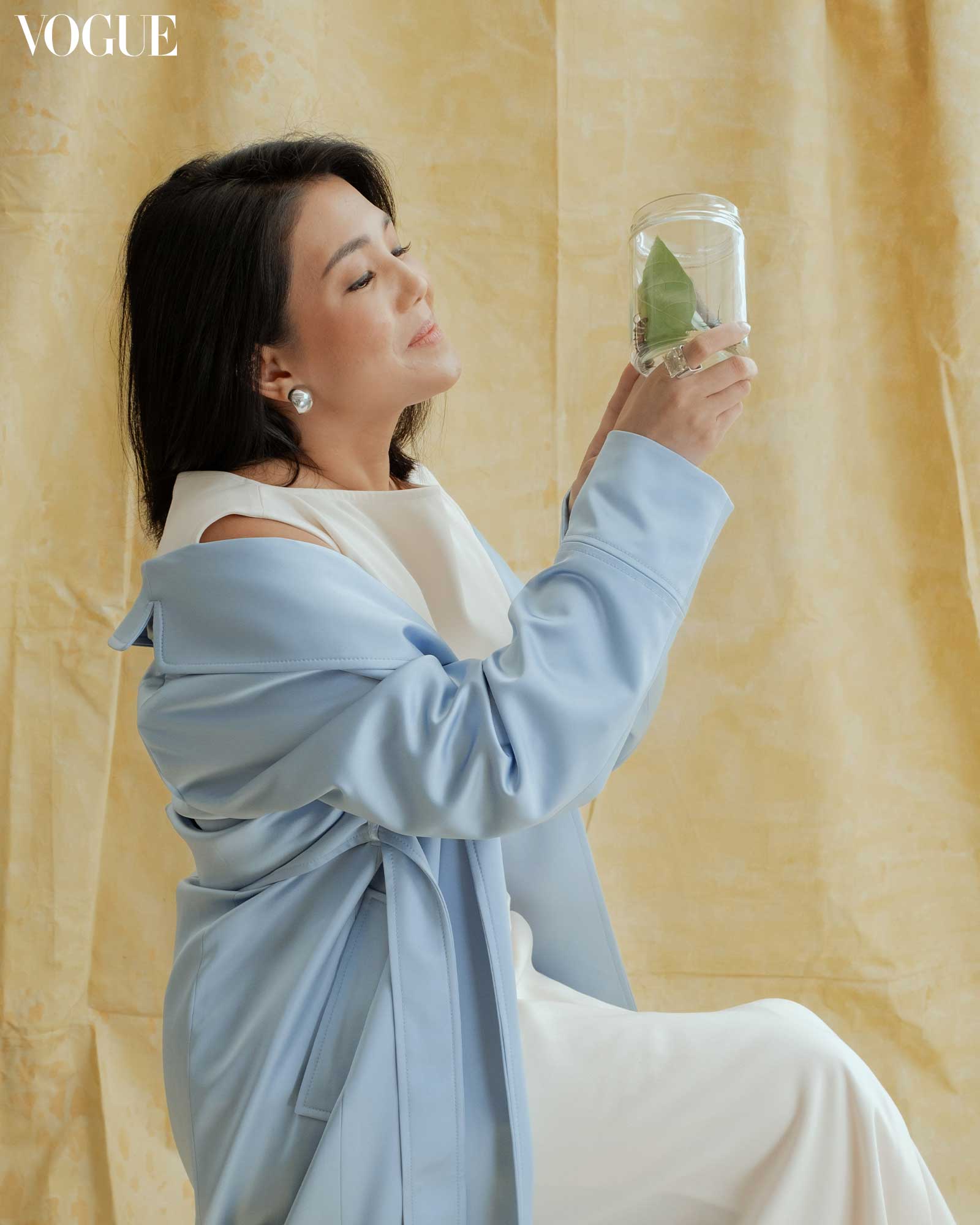
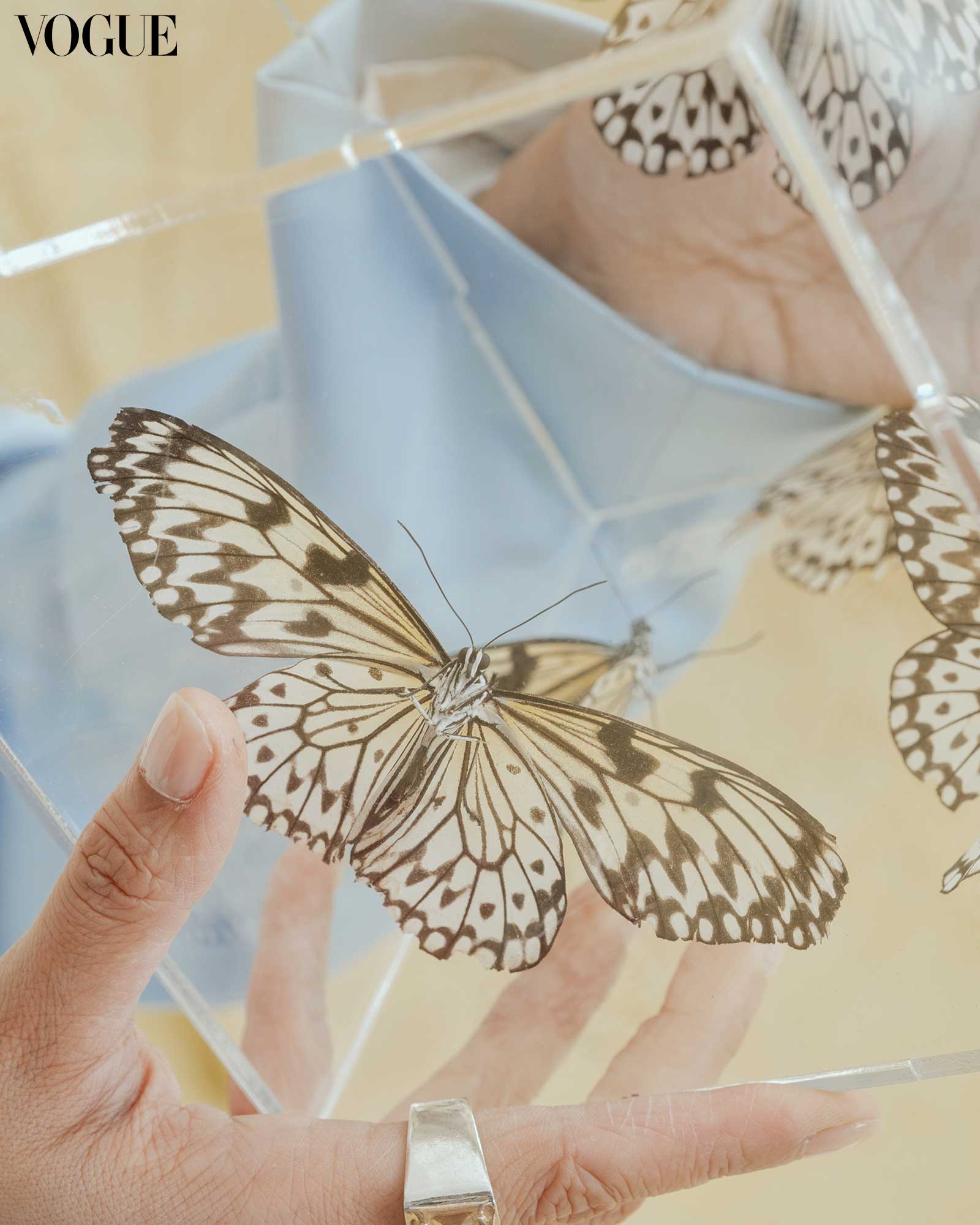
And so, Oreta launched Kiddo-preneur in 2011. What was supposed to be a one-time event has grown into a series of regular events, giving Filipino children a safe environment to test entrepreneurial ideas and build fundamental skills both in business and finance. During Kiddo-preneur events, kids have the opportunity to sell their own products while learning from industry leaders such as Jewelmer CEO Jacques Branellec, The Moment Group founder and creative director Abba Napa, and Wildflour CEO and president Ana Lorenzana de Ocampo, to name just a few.
“We get entrepreneurs to inspire the kids and the parents,” Oreta says. “We don’t teach this in schools because the teachers don’t know how to. You can’t teach entrepreneurship if you’re not an entrepreneur. So we want the kids to grow in this direction because this is the future of the Philippines, and this is the change we need to see.”
It is also a safe space for children to ask questions that adults may not even think about. Carl, an 8-year-old Kiddo-preneur participant, asked de Ocampo: “Is it called Wildflour because it’s beyond your wildest dreams?” The question earned some laughter, but it gave de Ocampo a chance to give insight on choosing a name for your business.
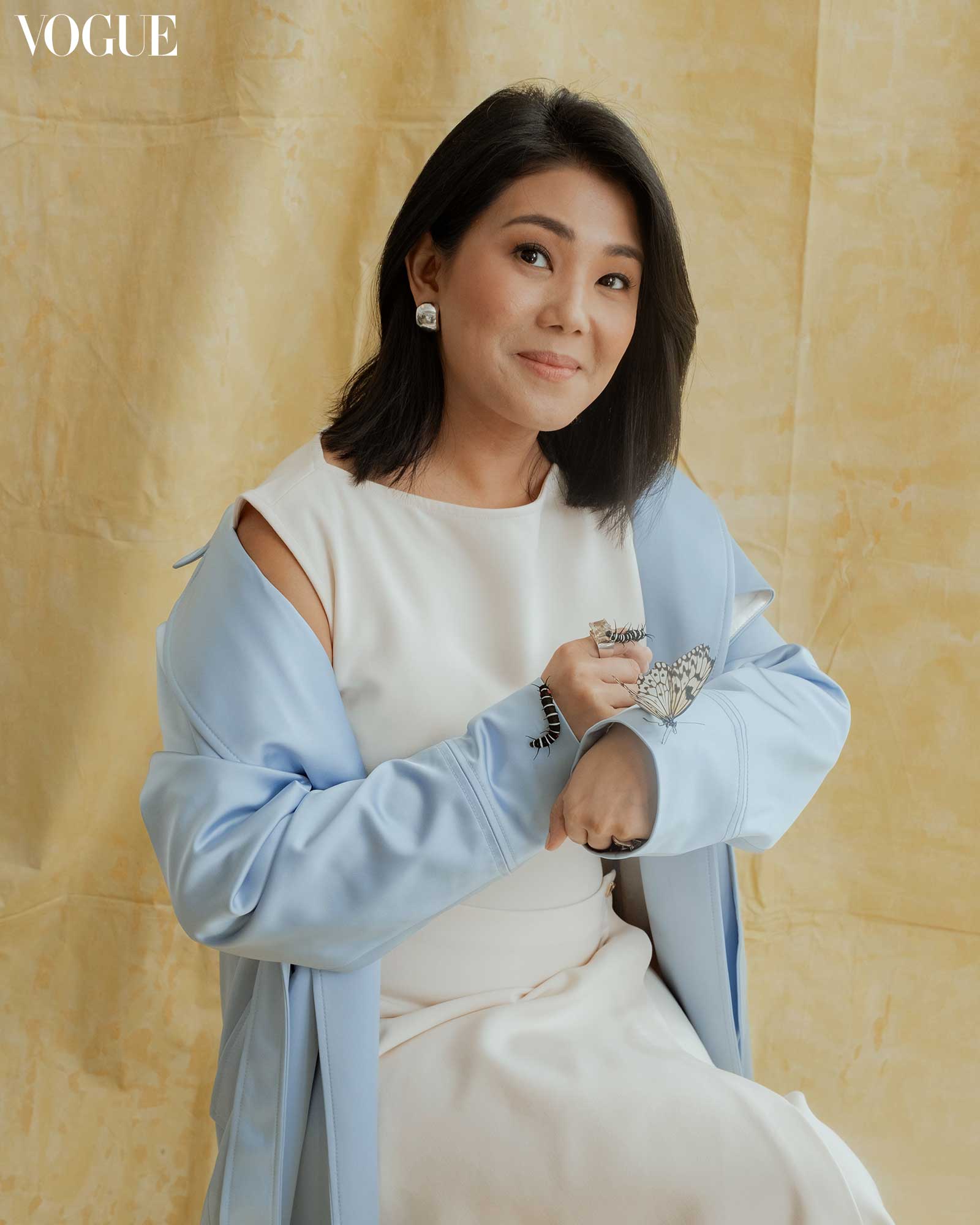
When it comes to the products they sell, Kiddo-preneur participants can do anything from baking, cooking, art, and even science-related activities. Oreta’s own children are selling caterpillars, selling the scientific experience of watching their metamorphosis unfold in a jar.
Raising the next generation of entrepreneurs
For Oreta, there is value in allowing children to explore business, as she has seen the lessons unfold during Kiddo-preneur events. “There was one group of kids that sold cupcakes. They overstocked the inventory because they bought the cupcakes and resold them,” she says. ““But when would you rather learn that lesson? When you’re six years old or when you’re older? When you think about it, who will be better? The one who started when they were five years old or the one who started when they just graduated college?”
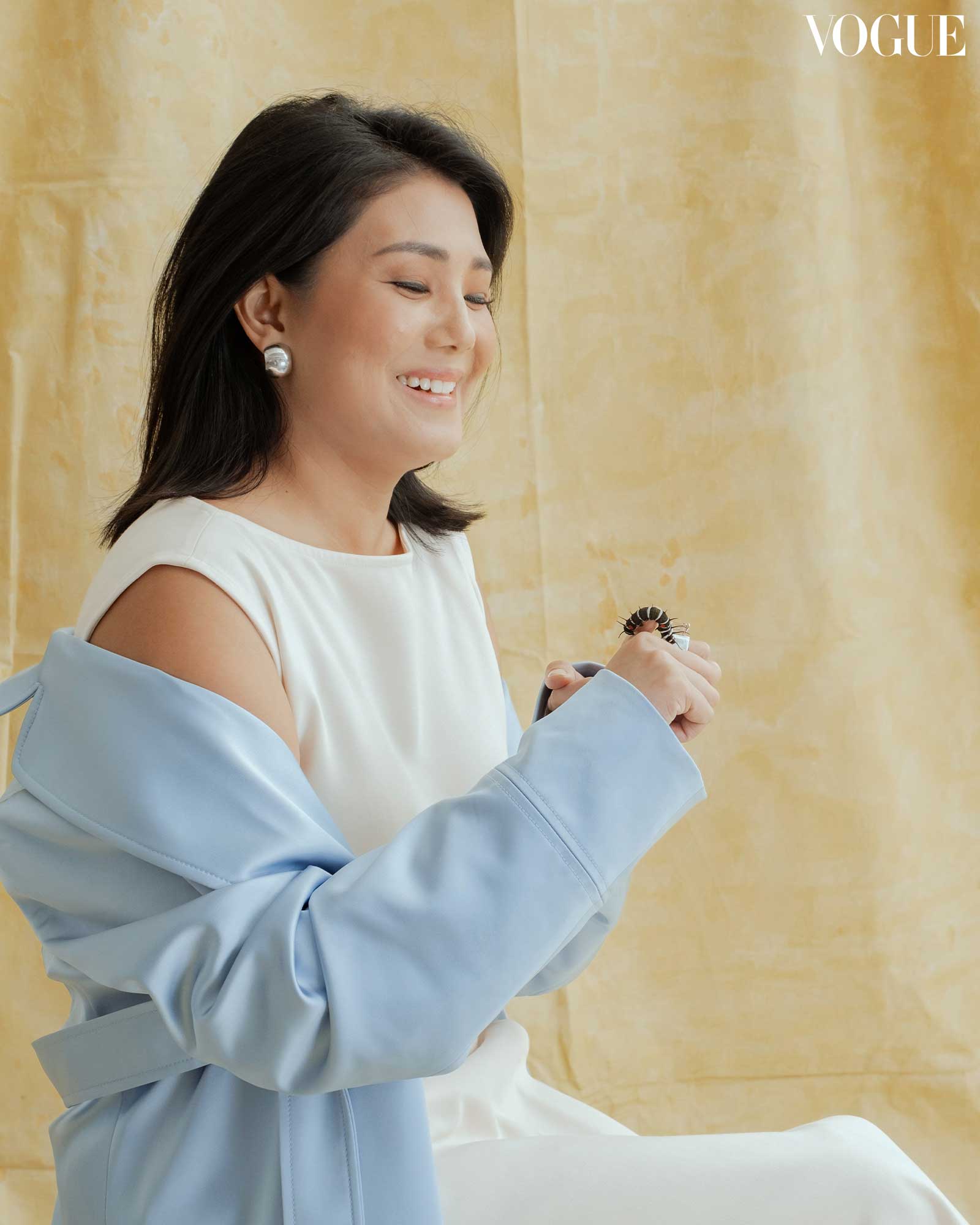
She continues, “The first time you ride a bike, you’re not going to zoom fast. You’re going to fall; you’re going to scrape some knees. It’s the same thing with entrepreneurship. The first time you do it, you won’t see it right away, right? But you get better.”
Forging ahead, Kiddo-preneur is set to continue educating Filipino children in business beyond Kiddo-preneur events. “Right now, we’re developing something that we’re going to give to schools so that we can teach kids about business and entrepreneurship,” she says. “We want the next generation to be a generation of entrepreneurs and creative problem solvers. When we empower these kids entrepreneurially, we empower the local economy, and we empower the Filipinos.”
Visit vogue.ph everyday this month for daily features on inspiring women, as nominated by the people whose lives they’ve changed.
BY DAPHNE SAGUN. Photography: Shaira Luna. Styling: MJ Benitez. Digital Editor: Andrea Ang. Makeup: Apple Fara-on. Hair: Patty Inojales. Producers: Bianca Zaragoza and Daphne Sagun. Set design: Andrea Ang. Photography assistant: Emelito Lansangan. Styling assistants: Teresita Gabat, Jia Torrato, Chelsea Sarabia. Production assistant: Patti Co.
